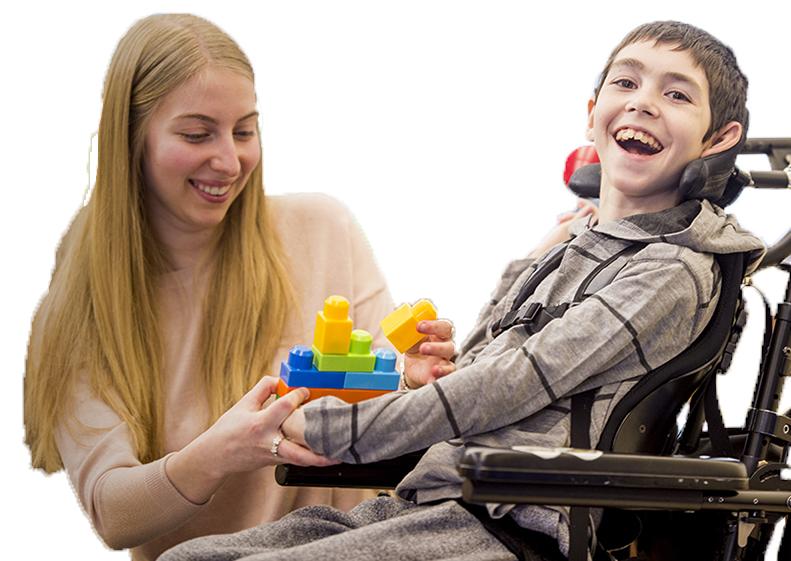Resources Directory
Search below to find a hospital, doctor, therapy, and more

National Center for Special Education Research
The National Center for Special Education Research at the Institute of Education Sciences (ies) sponsors a comprehensive program of special education research designed to expand the knowledge and understanding of infants, toddlers and children with disabilities.
NCSER funds programs of research that address its statutory mission. Nearly 7 million infants, toddlers, and children with disabilities through the age of 21 receive special education and early intervention services, which play a vital role in their academic achievement and social-emotional development. These interventions and services are delivered in a variety of forms, from a vocabulary program designed to increase a 4th grader's knowledge of difficult words, to a specific lesson on the Constitution, and a communication program that fosters interaction with peers and the world at large.
In order to determine which of these programs work, as well as how, why and in what settings, NCSER sponsors research on the needs of infants, toddlers, and children with disabilities and evaluates the effectiveness of services provided through IDEA. Therefore, NCSER funds comprehensive programs of research designed explicitly and deliberately to: (a) improve educational outcomes and quality of life for infants, toddlers, and children with disabilities; (b) evaluate the implementation and effectiveness of the Individuals with Disabilities Education Act; and (c) examine empirically the full range of issues facing children with disabilities, parents of children with disabilities, school personnel, and others. As one would expect, the funded grants support a range of activities, including for example:
- Experimental studies to examine new and innovative interventions for teaching children to read fluently and understand what they've read;
- Large-scale studies that replicate well-established instructional strategies with a different group of students; and
- Small, exploratory studies to determine the most effective strategies and systems for identifying and responding to children with unique needs.
